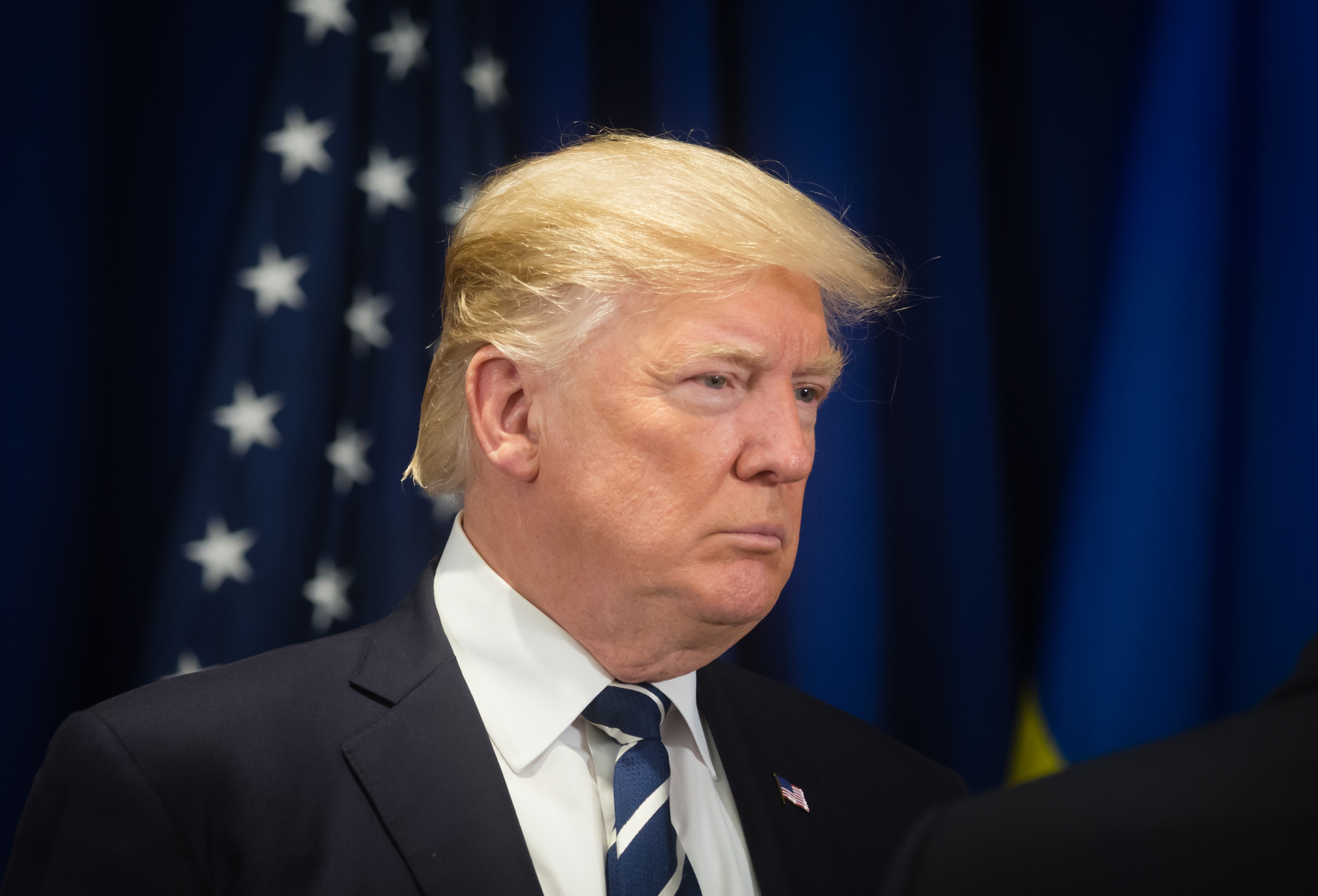
Tech Giants Fall Short: EU’s Verdict on Handling Russian Propaganda

Curious about how tech giants like Twitter are faring in the battle against Russian propaganda? The EU’s latest report gives us some sobering answers. Read on to discover what this means for you as a user.
EU Questions Tech Companies’ Efforts Against Russian Misinformation
A Quick Teaser
The EU has just rolled out a report sharply criticizing social media platforms for their lax handling of Russian propaganda. Buckle up for an in-depth look in the next section, where we’ll delve into what this means for you.
What’s New in 2023?
2023 has been a year where Russian influence on social media has climbed up the ladder. The EU report indicates that Kremlin-backed accounts have gained more leeway, especially on platform X, which you may remember as Twitter before Elon Musk took the reins.
EU’s Digital Services Act (DSA)
Recently, the EU’s Digital Services Act got a turbo boost, now requiring tech giants to get more aggressive in the fight against misinformation and hateful content.
What’s at Stake for Social Media?
Had the DSA been in play a bit earlier, we’d already see tech companies quaking in their boots over potential fines for failing to comply with the law.
Frequently Asked Questions
Why is This Report a Must-Read?
This report isn’t just important; it’s essential. It shines a spotlight on the creeping threat of Russian propaganda and serves as a wake-up call to the tech world.
What’s on the Horizon?
Brace yourself for tighter screws. Regulation is set to intensify, and fines may be on the way for platforms that don’t toe the line.
Did You Know?
Elon Musk stirred the pot with a tweet, refusing to “limit” Kremlin-related accounts. This has sparked an intense debate about where the line is drawn between freedom of speech and social responsibility.
Related post


Apple’s Radiation Scare: A Wake-Up Call for the Tech Industry

Gender Diversity in Leadership: Grundfos Takes the Lead

California Takes Legal Action Against Oil Giants: What It Means for the Industry

TikTok Slapped with a Hefty Fine for Child Data Breach: What This Means for the Tech Industry
